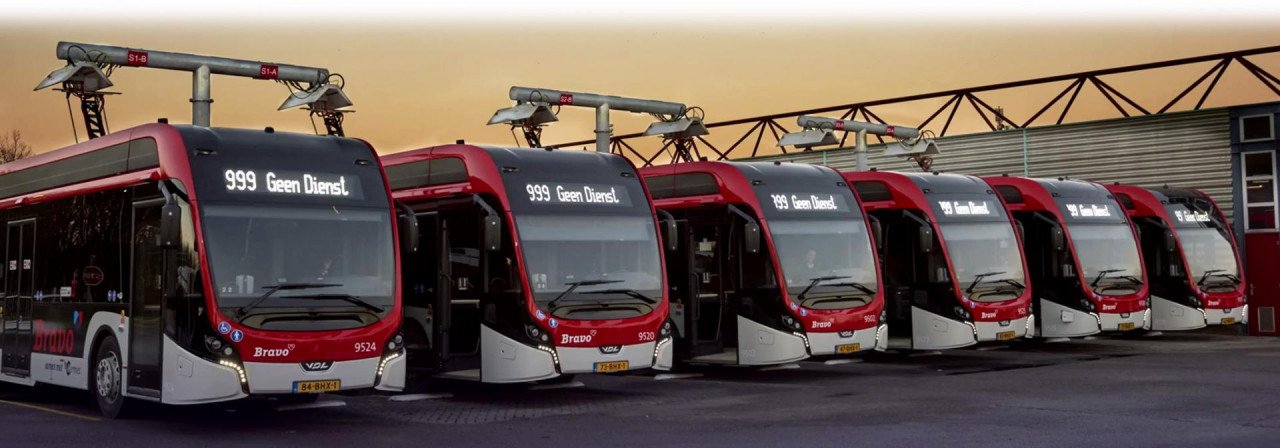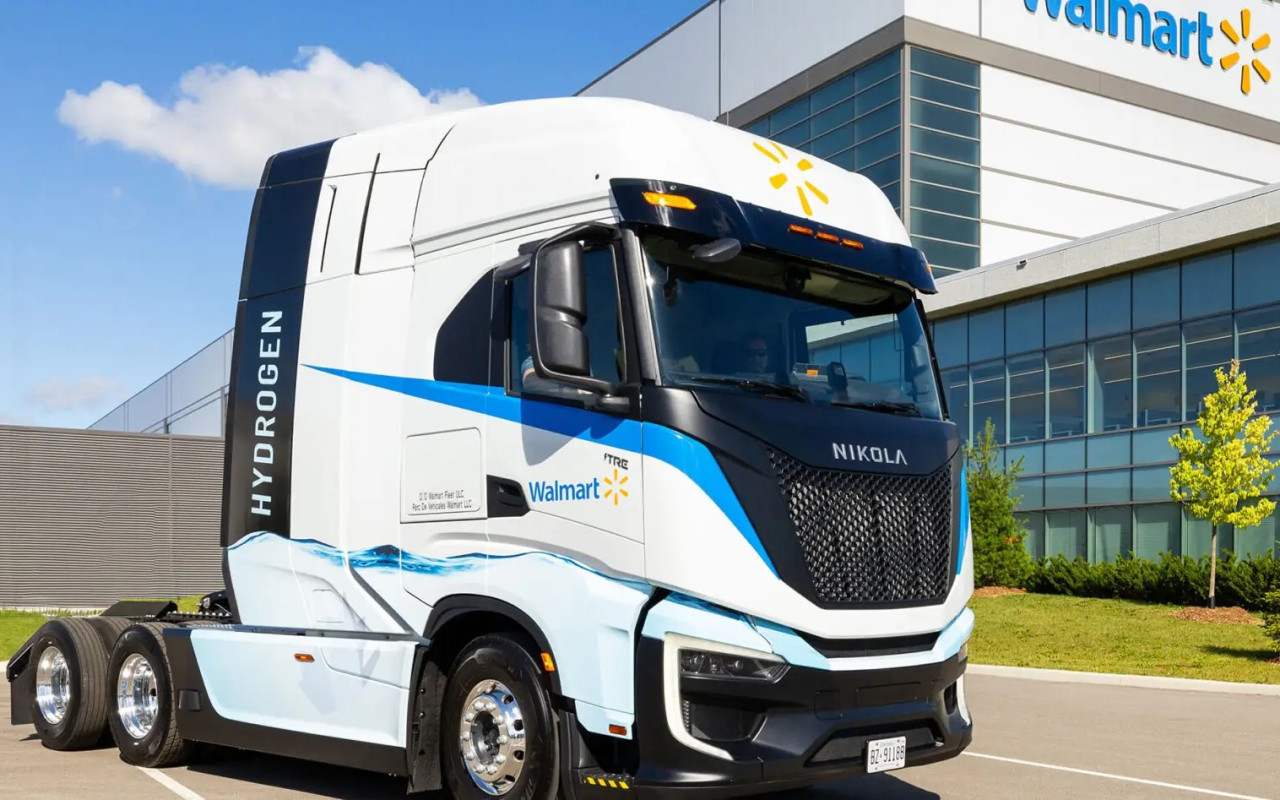Project Anubis: Second life for VDL electric bus batteries at RWE power plant
Intensively used batteries removed from VDL Bus & Coach electric buses are getting a second life. The initiative named 'Project Anubis' undertaken by German energy company RWE and VDL Bus & Coach of Netherlands revolves around the sustainable and circular use of raw materials in a central energy storage system in Moerdijk.
EV batteries are currently classified as waste and mostly taken to recycling plants abroad. Assuming that all buses and increasing numbers of cars and trucks in the Netherlands will get electrified after 2030, more than 150,000 tonnes of batteries will become available for recycling every year, claims the RWE and VDL.
"In project Anubis, we are initially using batteries taken from 43 electric VDL buses operated by Transdev in Eindhoven since 2016," explained Paul van Vuuren, CEO of VDL Bus & Coach. "These vehicles are currently getting new and larger battery packs, but the used batteries still have enough capacity to be used in stationary applications".
He added that providing a sustainable circular solution for VDL EV batteries is part of his company's strategy. "However, its application still requires a lot of new knowledge and development. Together with RWE, we will therefore collect a lot of data in 'project Anubis' so that we can contribute even more to making our society even more sustainable".
A total of 43 batteries extracted from the VDL electric buses amounting to a total storage capacity of 7.5 megawatts will be coupled into one battery at the RWE power plant in Moerdijk. RWE is also working on battery projects in Germany, United Kingdom and the United States. RWE's ambition is to grow capacity to 3 gigawatts in the coming years.
"These are important conditions for making our energy supply more sustainable," said Roger Miesen, CEO of RWE Generation. "With project Anubis, RWE and VDL are demonstrating that technical challenges related to the construction and operation of plants like this can be overcome. And with this project, we are actively contributing to a reduction in CO2 because after an initial phase in the VDL buses, the batteries will have an extended life at RWE. After that, they will undergo high-quality recycling."
The aim of project Anubis is to demonstrate and validate an innovative stationary energy storage system based on bus batteries. This will enable the large-scale rollout of such projects, thus contributing to the circular economy in the Netherlands, according to the partnering companies.
In the coming years, many batteries are expected to return from electric vehicles. Van Vuuren of VDL noted, "In Europe, more than 1,100 VDL electric buses operate in various cities and regions. We therefore expect to learn a lot with project Anubis so that we can start making an important contribution to a future where second-hand bus batteries are used as energy storage systems before being recycled."




















